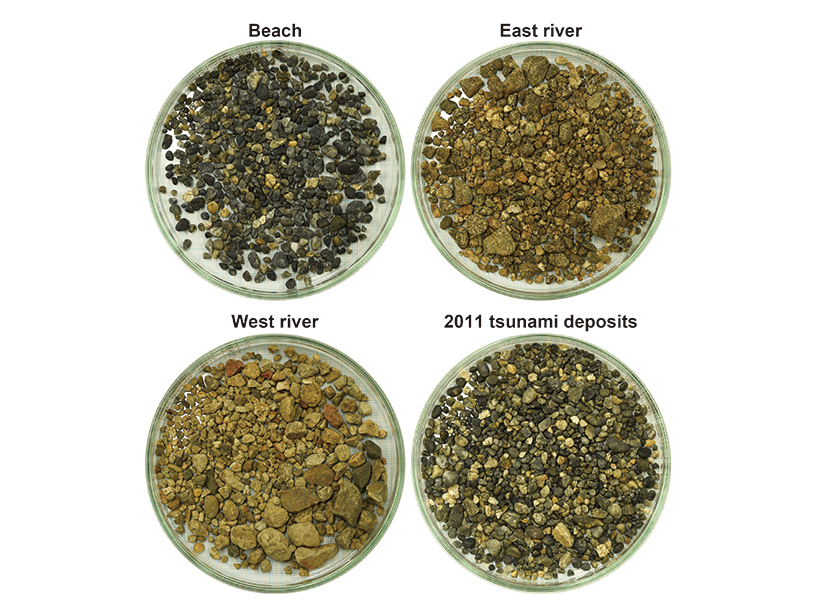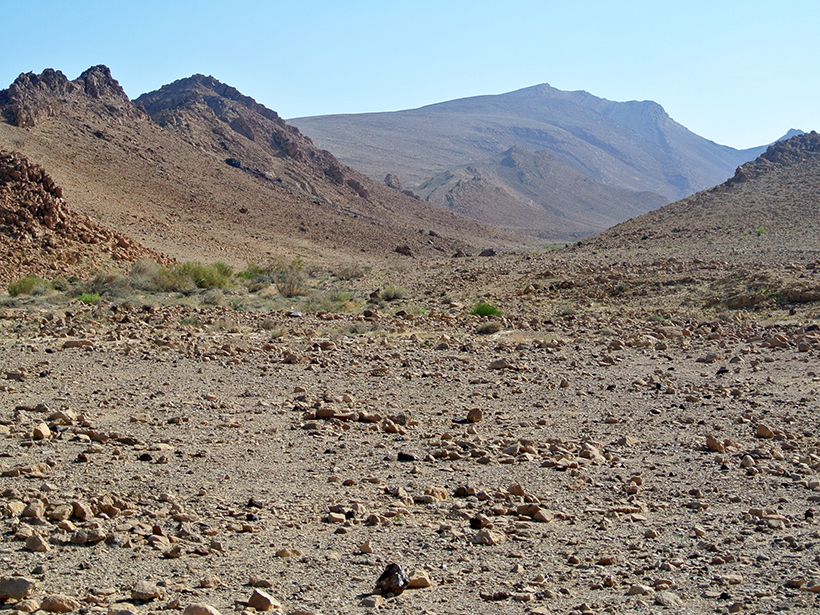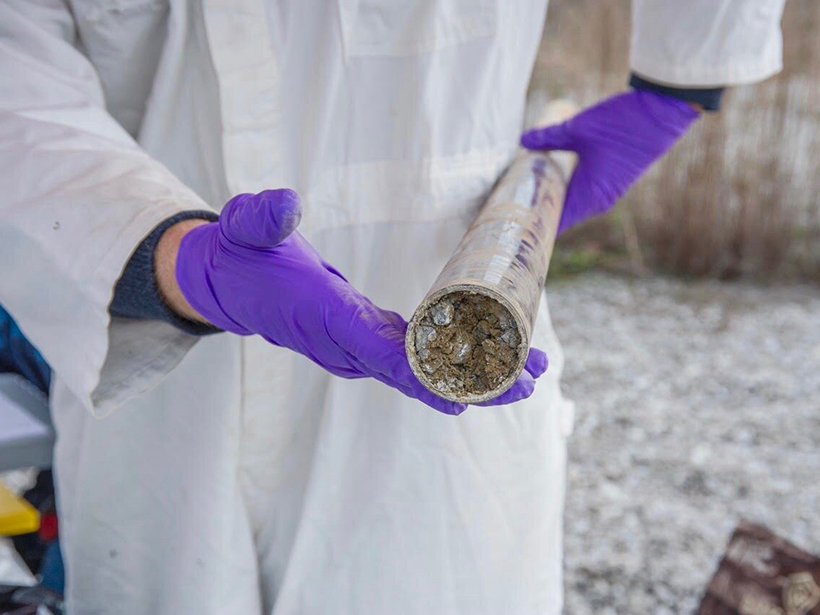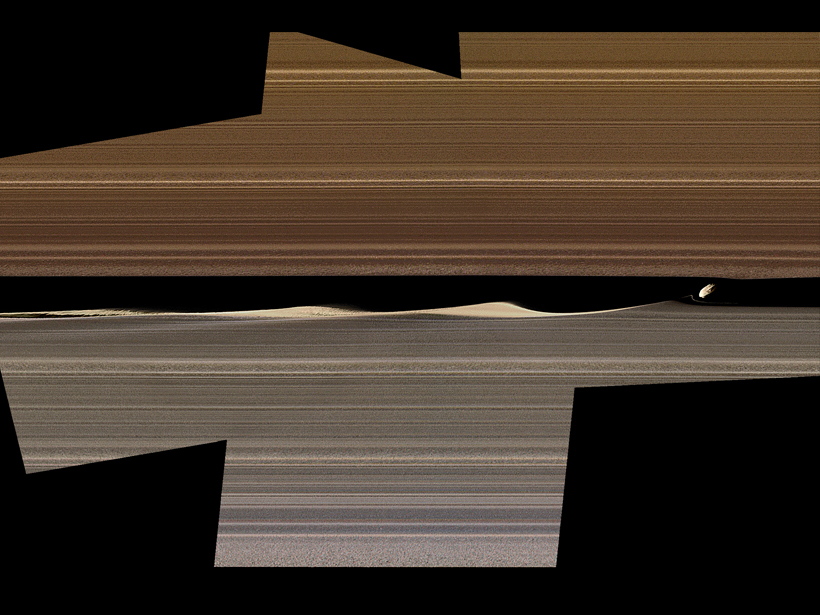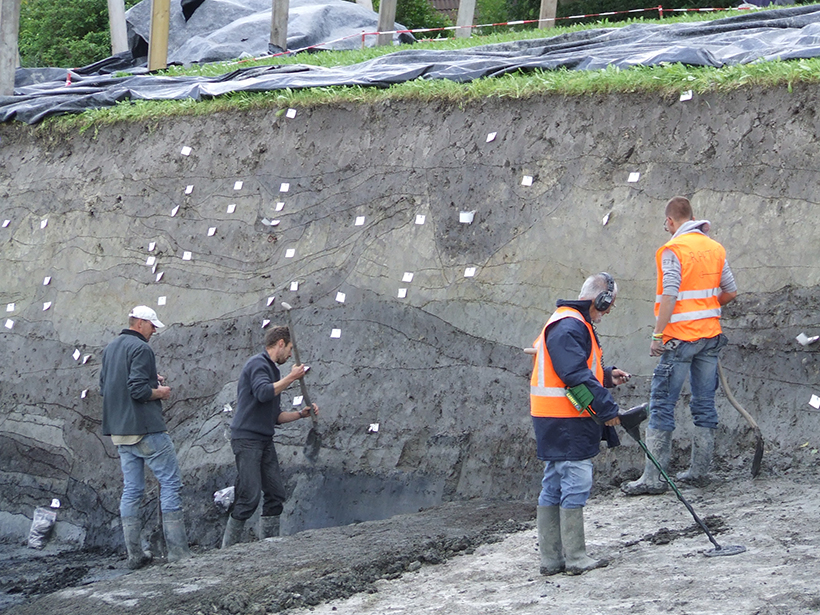New research on the geochemistry of Canary Islands paleosols shows that the Sahara has been an arid dust producer for at least 4.8 million years.
Sarah Derouin
Sarah Derouin is a freelance science journalist and editor who has been writing for Eos since 2017. She has a doctorate in geology from the University of Cincinnati and is a graduate of the Science Communication Program at University of California, Santa Cruz. Sarah has written for New Scientist, Scientific American, Popular Mechanics, Science, EARTH Magazine, and Mongabay. She was the 2018–19 Science Communication Fellow for the Geological Society of America and attended Congressional Climate Science Days. Beyond writing, Sarah was an acting associate editor for EARTH Magazine. She also worked behind the scenes as an assistant producer on Big Picture Science radio show, broadcast on more than 140 public radio stations. You can find more of her work at www.sarahderouin.com or connect with her on Twitter @Sarah_Derouin.
Gravel Gives Clues to the Strength of Paleotsunamis
The roundness of sediment deposits may shed light on how big tsunamis were in the past and how to evaluate hazards in the future.
Nuclear Winter May Bring a Decade of Destruction
New climate models present a grim prediction of what would happen worldwide after a nuclear war between the United States and Russia.
Did Bacterial Enzymes Cap the Oxygen in Early Earth’s Atmosphere?
A new theory suggests that nitrogenase from cyanobacteria could be the reason oxygen levels remained low after the Great Oxidation Event.
The Dawning of the Age of Old Aquifers
A new technique using 81Kr can measure the age of old groundwater in arid regions. The method can be used as a proxy for past climates and weather patterns.
New Tool Reveals That Soils Are Teeming with Active Microbes
BONCAT, a new type of amino acid tagging, highlights and categorizes active soil microbes in situ.
Climate Change Could Threaten Your Cuppa
The effects of climate change, including warmer temperatures and variable rainfall, may threaten the tea plantations of Sri Lanka within the next 30 to 50 years.
Bitcoin’s Not-So-Carbon-Friendly Footprint
New research finds that verifying cryptocurrency produces about the same amount of carbon emissions as the Kansas City metropolitan area.
The Cassini Mission May Be Over, but New Discoveries Abound
New analysis of high-resolution images shows ring textures and disruptions within Saturn’s rings in unprecedented detail.
Historic Solutions to Sea Level Rise May Help Modern Communities
Earthen mounds helped ancient Dutch settlers thrive in coastal flood zones. Could historical engineering help us fight against rising seas?


